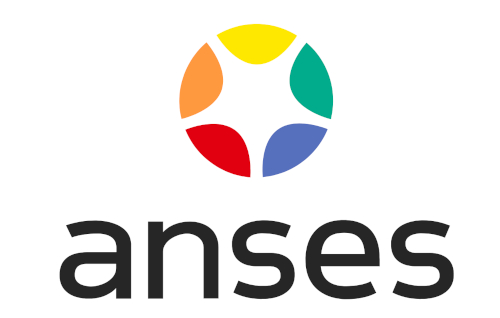Antibiotic resistance: One Health or not One Health?
Jean-Yves Madec, Scientific Director of the Antimicrobial Resistance Division at ANSES and Head of the Antimicrobial Resistance and Bacterial Virulence Unit (ANSES Lyon)
Antibiotic resistance is primarily a concern for doctors, as the difficulty – or even impossibility – of treating humans for bacterial infections runs counter to the values of healthcare. Medical antibiotic resistance emerged and then exploded since antibiotics were first marketed, and continues to be a cause for concern. However, for nearly 40 years, veterinary medicine has been absent from the debate.
In practice, treatment failure is virtually non-existent for domestic animals, so veterinarians had no reason to be concerned about the issue. They did so (in France in particular) for public health reasons. To prevent animal antibiotic resistance, even if it does not really pose a problem, from contributing to the burden of antibiotic resistance in humans. The subject is therefore One Health, but the concern remains human.
Has human antibiotic resistance decreased in France as a result? Not really, despite the massive reduction in animal antibiotic resistance. Is this really a One Health issue?
What about the environment? The first two sectors pollute the third, and this damage to ecosystems is indefensible. But is the therapeutic success of antibiotics in cities and hospitals impacted in turn by this environmental pollution? No one has quantified this to date.
Antibiotics are also considered a public good. That is, a good whose use by some does not deprive others. But this is not the case here, since access to antibiotics pits humans against animals. For the latter, the only prospect is the gradual restriction of the veterinary therapeutic arsenal.
In fact, there is no social project for antibiotics. A project that brings together, around the same table, the challenges to be addressed over the next 10, 20 or 50 years in terms of the use of these drugs, in the fields of public health, animal health, food safety and environmental protection. A One Health project, in a way…
Yes, antibiotic resistance is a One Health issue. In the sense that the boundaries between sectors are not impervious to the flow of genes and bacteria. But massive cross-sector transfers seem rare. And in most cases, they are not quantified. The One Health spirit must certainly be present at all times. But it must not be overly globalised, at the risk of straying from relevant scientific analyses that will inform the best public decisions. On a political level, a society that claims to be One Health must agree on what it wants for antibiotics globally and make consistent decisions that take into account the needs of humans in all aspects of their lives, including the animal world and all the ecosystems that surround them.
Autor

Jean-Yves Madec
Scientific Director of the Antimicrobial Resistance Division at ANSES and Head of the Antimicrobial Resistance and Bacterial Virulence Unit
Anses, Lyon

ANSES at a glance
ANSES is the French Agency for Food, Environmental and Occupational Health & Safety.
As a public administrative institution, it is under the supervision of the Ministries of Health, Environment, Agriculture, Labour and Consumer Affairs.